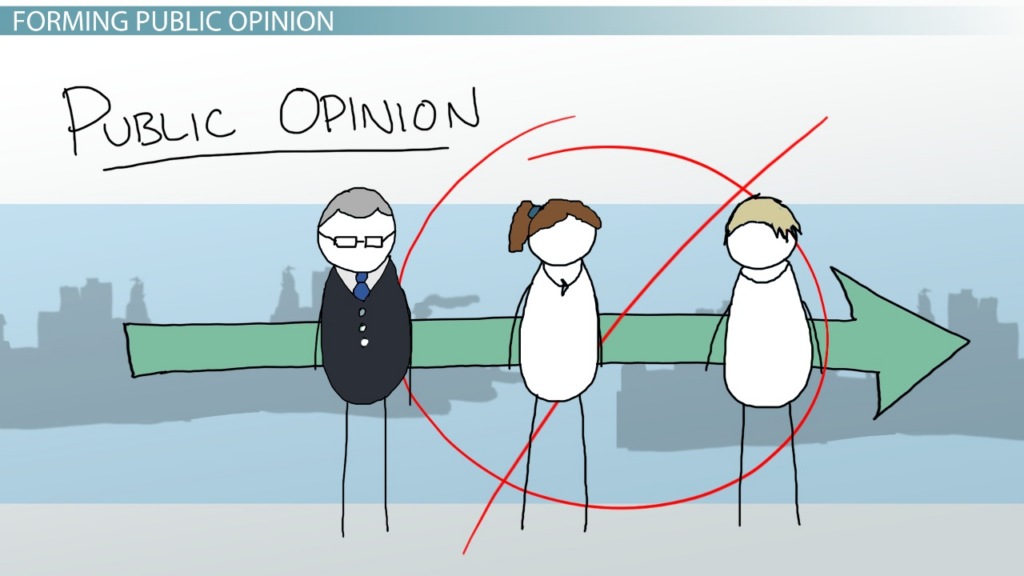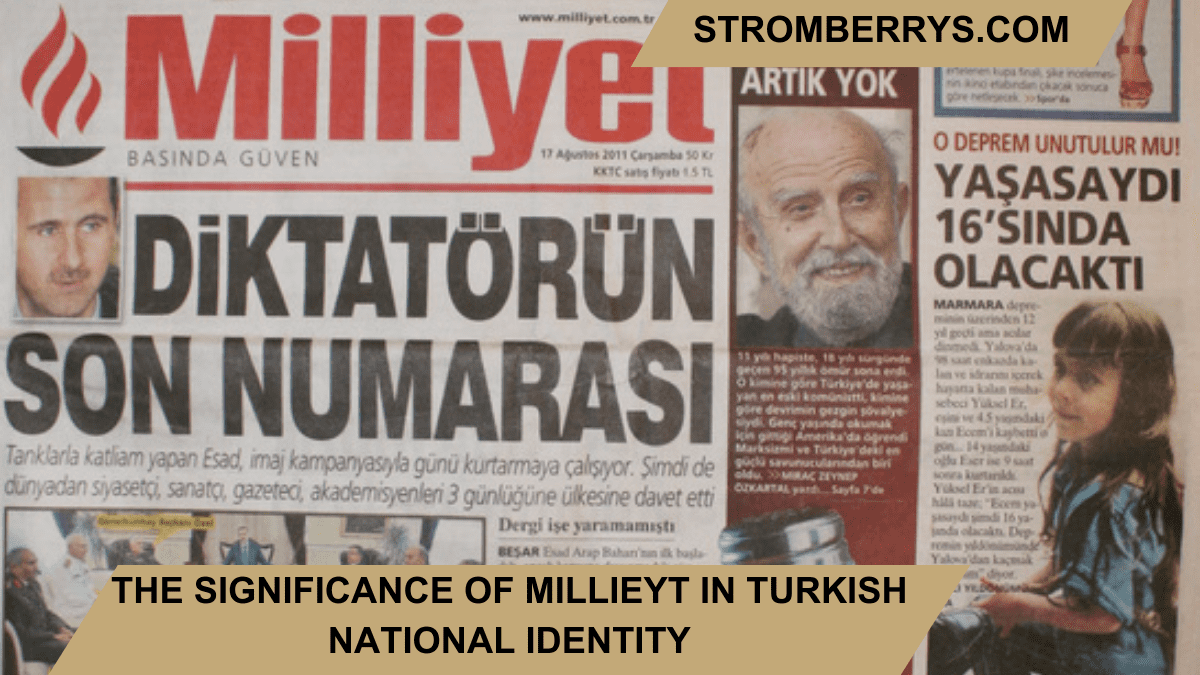Introduction to Mıllıeyt
Mıllıeyt is a term deeply ingrained in Turkish culture, translating to “nationality” or “nationhood” in English. It encapsulates the idea of national identity, unity, and the collective spirit of the Turkish people. This concept is not just about legal citizenship but also about shared heritage, values, and pride in being Turkish. The significance of mıllıeyt is reflected in the country’s socio-political discourse and is a cornerstone of its national ideology.
Historical Evolution of Mıllıeyt
The concept of mıllıeyt has evolved significantly over the last century. Initially shaped by the principles of Mustafa Kemal Atatürk, the founder of the Republic of Turkey, mıllıeyt emphasized secularism, modernism, and national sovereignty. Atatürk’s vision was to create a unified national identity that transcended ethnic and religious differences, focusing instead on a shared Turkish identity.

Over the decades, the interpretation and expression of mıllıeyt have adapted to political changes, including shifts toward more conservative or liberal policies, reflecting the dynamic nature of Turkish society.
Milliyet Newspaper: A Key Player
Founded in 1926, the Milliyet newspaper has been a significant player in promoting and reflecting mıllıeyt. Known for its conservative and nationalist stance, Milliyet has had a considerable influence on public opinion and national discourse in Turkey. The newspaper has gone through various editorial and ownership changes, often reflecting the political climate of the time. Despite controversies, including instances of censorship and political pressure, Milliyet has remained a critical voice in Turkish media, shaping and reflecting the concept of mıllıeyt through its coverage of national and international events.
Mıllıeyt and National Celebrations
Mıllıeyt is prominently featured in Turkey’s national celebrations, which are integral to fostering national identity and unity. Key events include:

- Founding of the Republic (October 29): This day celebrates the proclamation of the Republic of Turkey in 1923 by Mustafa Kemal Atatürk. It is a symbol of national sovereignty and independence.
- Victory Day (August 30): Commemorates the victory at the Battle of Dumlupınar in 1922, which was decisive in the Turkish War of Independence. It is a day of national pride and military honor.
- National Sovereignty and Children’s Day (April 23): Marks the establishment of the Grand National Assembly of Turkey in 1920. This day emphasizes the role of children in shaping the future of the nation, reflecting Atatürk’s belief in the importance of the younger generation.
These celebrations are more than just holidays; they are occasions that reinforce the principles of mıllıeyt, bringing people together in a shared expression of national pride and unity.
Cultural and Social Impact of Mıllıeyt
Mıllıeyt profoundly impacts Turkish culture and society by fostering a sense of community and shared identity. It is evident in various cultural expressions, from literature and music to cinema and visual arts, all reflecting Turkey’s rich heritage and contemporary identity. The shared values and historical memories associated with mıllıeyt help strengthen community bonds, promote social cohesion, and create a unified national narrative. Public celebrations and commemorations of historical events play a significant role in this, serving as reminders of the collective journey and achievements of the Turkish people.
also read: Trading Smarter with FintechZoom Pro – Your Roadmap to Financial Success
Mıllıeyt in Contemporary Society
In the digital age, mıllıeyt has adapted to technological advancements, particularly through the rise of social media and digital platforms. These technologies have expanded the reach and influence of mıllıeyt, allowing for a more inclusive and dynamic expression of national identity. Social media platforms provide spaces for diverse voices and perspectives, fostering a broader dialogue about what it means to be Turkish in the modern world. This digital transformation has enabled mıllıeyt to remain relevant and influential in contemporary society, bridging traditional values with modern communication tools.
Mıllıeyt and Public Opinion
The media, education system, and public institutions play critical roles in shaping and promoting mıllıeyt. Newspapers like Milliyet, along with television and online media, disseminate stories and ideas that reinforce national identity and pride. Educational curricula emphasize the importance of national history, culture, and values, helping to instill a sense of mıllıeyt in younger generations.

Public institutions, through their policies and actions, further solidify this concept by promoting unity and national pride. Together, these elements help shape a cohesive public opinion centered around a shared Turkish identity.
Challenges and Criticisms
The promotion of mıllıeyt is not without its challenges. Issues of censorship and political pressure have been significant, particularly for media outlets like Milliyet. The newspaper has faced criticism for self-censorship and for dismissing journalists who have been critical of the government. Additionally, there is the challenge of balancing the preservation of traditional values with the need for modernity and freedom of expression. Navigating these issues is crucial for maintaining a vibrant and inclusive sense of mıllıeyt that can adapt to contemporary societal changes.
Case Studies and Examples
Throughout its history, Milliyet has covered numerous significant national events and milestones, contributing to the public’s understanding and perception of mıllıeyt. For example, the newspaper’s coverage of the Gezi Park protests in 2013 highlighted the tensions between government policies and public sentiment, showcasing the role of media in reflecting and shaping national identity. Other notable examples include Milliyet’s coverage of Turkey’s military operations and its stance on various political issues, which have often sparked public debate and discussion about the nature of mıllıeyt.
also read: Exploring Gidler – From Technology to Ecology and Historical Tools
Conclusion
Mıllıeyt stands as a testament to Turkey’s rich heritage and its continuous evolution toward a unified national identity. It encapsulates the collective journey of the Turkish people, their triumphs, struggles, and aspirations. As Turkey navigates modern challenges, the concept of mıllıeyt remains a vital force in fostering national unity and pride, reflecting the dynamic and multifaceted nature of Turkish society.
FAQ
What does mıllıeyt mean?
Mıllıeyt translates to “nationality” in English, representing the concept of national identity and unity in Turkey.
How has the concept of mıllıeyt evolved over time?
Mıllıeyt has evolved from early 20th-century ideals influenced by Kemalism to adapting to modern technological changes, reflecting shifts in political, social, and cultural contexts.
What role does the Milliyet newspaper play in mıllıeyt?
Founded in 1926, Milliyet has significantly influenced public opinion and national discourse, promoting conservative and nationalist views and adapting to changes in media and politics.
What are some key national celebrations related to mıllıeyt?
Key celebrations include the founding of the Republic on October 29, Victory Day on August 30, and National Sovereignty and Children’s Day on April 23.
How does mıllıeyt impact Turkish culture and society?
Mıllıeyt strengthens community bonds, promotes a unified national narrative, and influences cultural expressions like art, music, and literature.
How has mıllıeyt adapted to modern technology?
The rise of social media and digital platforms has expanded the reach of mıllıeyt, allowing for more inclusive and dynamic expressions of national identity.
What challenges does the promotion of mıllıeyt face?
Challenges include censorship, political pressure, and balancing traditional values with the need for modernity and freedom of expression.
Can you provide examples of how Milliyet has covered mıllıeyt?
Milliyet has covered significant national events and milestones, shaping public understanding and reflecting the evolving concept of mıllıeyt. For example, its coverage of the Gezi Park protests in 2013 highlighted the tensions between government policies and public sentiment.
Why is mıllıeyt important for Turkey’s future?
Mıllıeyt fosters national unity and pride, helping Turkey navigate modern challenges while preserving its cultural heritage and identity.





